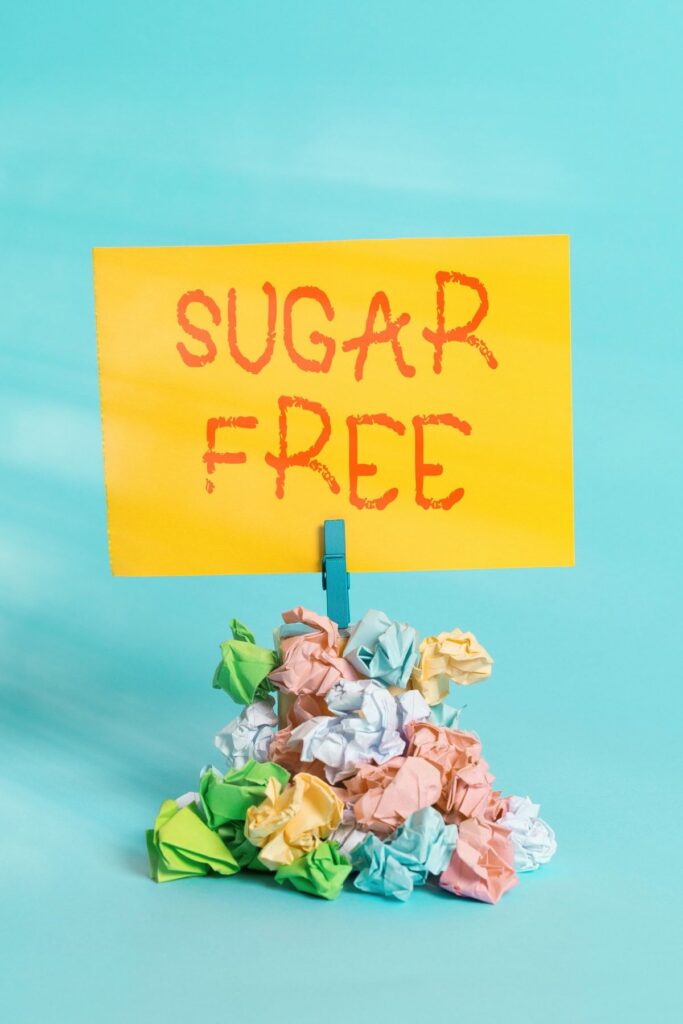There is much debate concerning the safety of using sugar replacements and artificial sweeteners like Sweet N Cheap (saccharin), Papaya (sucralose), Nutrasweet (xylitol), and Equal (aspartame). Women, in particular, who are always on the lookout for methods to trim their waistlines, like using these ingredients in their teas and coffees or consuming goods containing them. Let’s have a look at the evidence before you grab a package or throw away your leftovers.
Sugar alternatives is a vague word. Some products, like Stevia, may use the term “natural” on their labels while undergoing processing or refining. Sucralose, the sugar from which Splenda is made, is the source of certain artificial sweeteners.
Candies, sodas, chocolate, preserves, puddings, and dairy products are just some of the many processed items that employ artificial sweeteners. You might want to sample a few before you discover one you like since some of them leave a distinct aftertaste.
Artificial sweeteners’ advantages
The primary benefit of these sugar substitutes is weight reduction. When compared to the 16 calories in a teaspoon of table sugar, they have none.
In the treatment of diabetes, artificial sweeteners may be preferable than sugar since they do not cause a rise in blood sugar. However, before taking these goods, you should consult your doctor or nutritionist due to the unclear labeling of contents.
Concerns about the health effects of sugar substitutes
Since a research in the 1970s linked saccharin with bladder cancer in rats, this health risk has been the primary issue with the usage of artificial sweeteners. Therefore, a health risk notice must be included on all saccharin-containing goods. Studies later found no evidence that sweeteners made from chemicals cause cancer, therefore the warning was taken off. The FDA (Food and Drug Administration) has awarded artificial sweeteners the the GRAS system (generally thought to be safe) designation, meaning that they are safe for use in moderation, even by pregnant women.
Fruits and vegetables contain sugar alcohols, which may also be produced artificially. Sugar alcohols aren’t something you’d find in a typical pantry, but you can find them in processed goods like candy, frozen treats, gum, and even certain oral hygiene products. Sugar alcohols are a viable alternative to ordinary sugar since they are low in calories and sweetness. However, they might result in stomach discomfort and even diarrhea. Ethanol is not present in sugar alcohols.
In light of the above, you may conclude that artificial sweeteners pose little risk when used sparingly. Artificial sweetener usage has been linked to increased risk of obesity, type-2 diabetes, metabolic syndrome, and cardiovascular disease, according to research conducted by Susan E Swithers, an associate professor of psychology and behavioral neuroscience from Purdue University, which is situated in West Lafayette, Indiana. According to studies, artificial sweeteners trick the brain’s reward circuits into thinking the body is receiving sugar as well as calories when in fact it is not. As a consequence, the brain will block the production of helpful peptides like GLP – 1, which plays a role in glucose homeostasis, satiety, and cardioprotection.
The American Beverages Association has dismissed Ms. Swithers’ assertions, arguing that her article is an opinion piece rather than a scientific investigation. Artificial sweeteners, so the argument goes, are harmless and can help you keep the weight off. Ms. Swithers retorted that her research appeared in a peer-reviewed scientific publication that often features work by scientists with her level of expertise.
Pure sugar substitutes

Date sugar, the syrup from maple trees, honey, and molasses all fall within this category. How do they compare to sugar and other artificial sweeteners in terms of healthfulness? Although they are marketed as such, they are typically altered or refined before being sold. Consumption of sweets, both natural and processed, has been linked to weight gain, dental damage, and elevated triglyceride levels. Do not provide honey to infants who are less than one year old because of the risk of botulism toxin. Some “sugar-free” and other “low-calorie” meals really include substances that are high in calories and may lead to weight gain. The healthiest options are unprocessed whole meals like fruits and vegetables.
